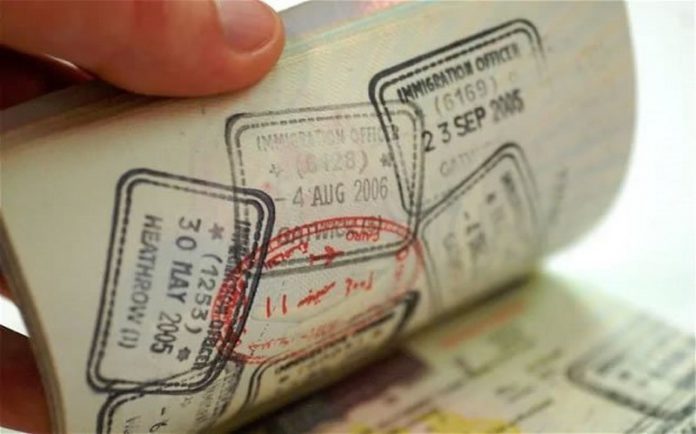Major changes are coming for the popular Schengen Visa – a 104 countries’ passport to visiting Europe, including South Africa.
From 2 February 2020, new revisions will come into effect that were given the green light by the European Commission in June last year.
The new changes are set to make the visa process easier for countries and individuals in good standing with the EU, as well as address the rise in security concerns stemming from migration.
But what are the most relevant changes for South Africans?
Longer stays for previous visitors that behave
Those who frequently travel to EU member states with a good history of returning to their country of origin within the confines of previous visas will be eligible to receive multiple-entry visas for five years.
Their country of origin must also have a good economic status and must show proof of a genuine intention to leave. This is especially useful for those who travel to the EU for business reasons.
You can apply six months ahead of your trip
Another great change is that applications can now be done six months ahead of the trip instead of three months, while seafarers can apply up to nine months before.
EU member states will also be obligated to have a representative for their country in every country that requires a visa so that citizens from smaller countries don’t have to travel to a neighbouring country to apply.
The minimum number of days to apply before your trip will remain at 15 calendar days.
More expensive fees
On the downside, the Schengen Visa will be getting more expensive – it will now cost €80 per application, which currently stands at about R1 280 (at R15.99/€). Children between the ages of 0 and six will still be free.
Another provision in the changes also allows the commission to assess whether the visa fees should change every three years. The visa process will also be used as leverage (including fees, processing time and visa periods) in a bid to improve cooperation with non-Schengen countries to readmit undocumented immigrants.
Travel and medical insurance will remain mandatory.

